The U.S. Tax Court released an opinion today in the case of Mescalero Apache Tribe v. Commissioner of Internal Revenue. This case is worth noting for all small and medium-sized businesses that pays workers in its operations.
A key tax decision made by any business that employs or engages workers in its operations is whether those workers are employees or independent contractors. If they are employees, then the employer is required to withhold income tax with respect to them and remit those withheld income taxes to the IRS. If the workers are independent contractors, no income tax withholding is required.
As you might imagine, the classification of workers is a big deal with the IRS. The problem is this: if a company misclassifies its workers as independent contractors when they should be classified as employees, the company does not remit withheld income taxes to the IRS. Since income tax withholding is a major method by which the IRS receives tax revenues, a failure by a company to properly remit income tax withholding on its workers by misclassifying them as independent contractors can lead to big problems for the employing company.
On an IRS audit, the company can be made to remit all unpaid income taxes of these workers that should have been withheld, together with penalties and interest. If a number of workers is involved and a number of tax years is involved, the amount owed by the company to the IRS could be a huge amount.
In Mescalero Apache Tribe, the Tribe had either employed or engaged the services of several hundred workers during a 3-year period. The Tribe issued W-2 forms to its employees and 1099 forms to the workers it classified as contractors.
The IRS audited the Tribe, claiming that some of the workers that the Tribe treated as contractors were really employees.
Under Section 3402 of the Internal Revenue Code, an employer is not responsible for the income taxes it should have withheld on misclassified workers if the workers actually paid the required income tax on their earnings. The Tribe was able to get a lot of their workers to sign Form 4669, showing that they had, indeed, paid their income tax. The problem the Tribe had, though, was that they couldn’t find 70 of the workers in question. So, the Tribe asked the IRS to search their records on these 70 workers to see if they had, in fact, paid their income taxes on the payments they had received from the Tribe.
But the IRS did not want to comply with the Tribe’s discovery request.
In the end, the U.S. Tax Court said that the IRS had to provide the Tribe with the requested information. Thus, if the Tribe were able to show through the discovered material from the IRS that the workers had actually paid their taxes, the Tribe would not be responsible for that tax liability.
This case is important for a couple of reasons. First, it shows the serious and fundamental judgment that a company must make in determining whether its workers are employees or independent contractors. A mistake in judgment or a later disagreement with the IRS could lead to a serious tax problem for the company. Second, this case demonstrates that even if a company runs into problems on audit with the IRS, all is not necessarily lost. The Tribe’s attorney was able to successfully argue that the Tribe was entitled to return information from the Tribe’s workers, which the IRS was unwilling to provide without a legal fight to get it.
The IRS is aggressive, but an equally aggressive lawyer for the taxpayer in this case was able to prevail.
